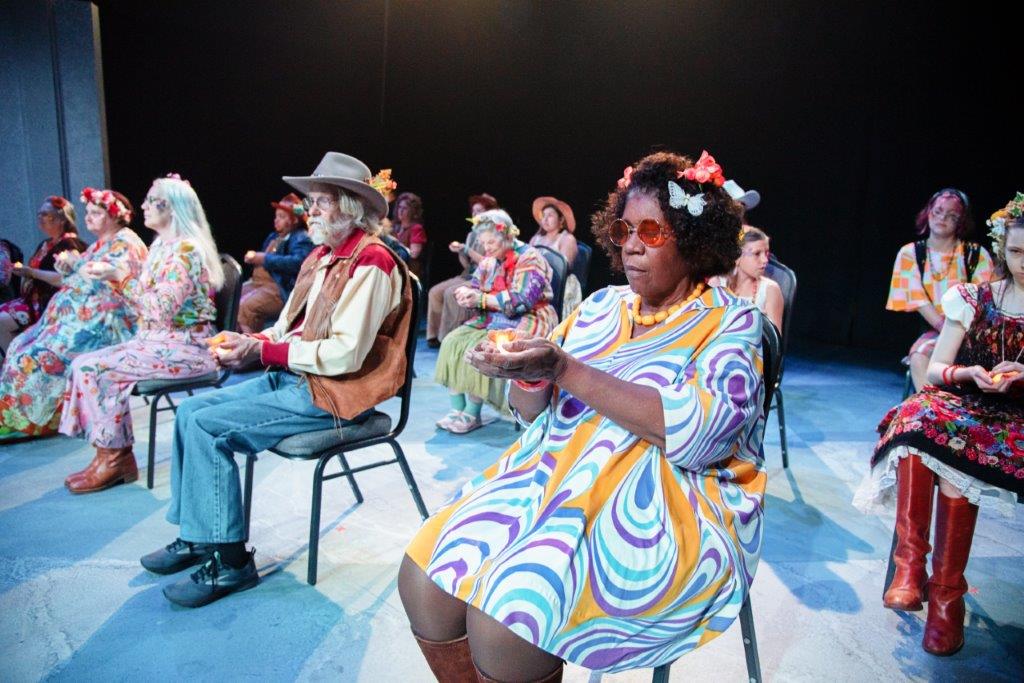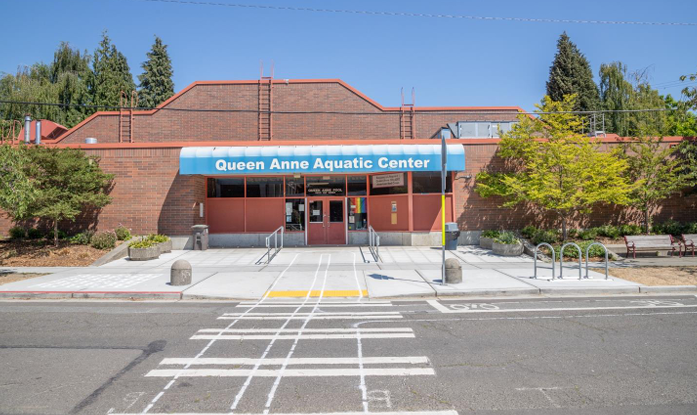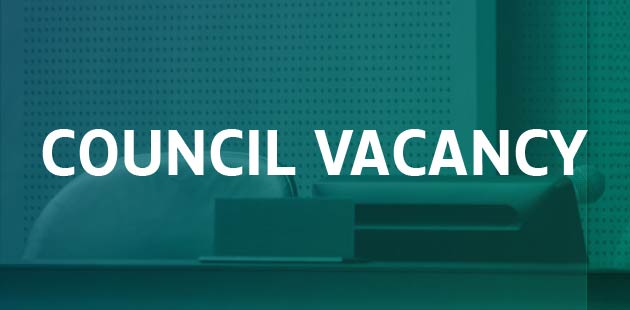
Mayor Ed Murray has signed an executive order to bring greater equity to the City’s outdated system for promoting public engagement among residents of Seattle’s neighborhoods.
“Our city has changed dramatically since our District Councils system was created three decades ago, and we have seen them over time become less and less representative not only of their neighborhoods but of Seattle itself,” said Murray. “For immigrants and refugees, low-income residents, communities of color, renters, single parents, youth, people experiencing homelessness, LGBTQ, and more, the system today has become a barrier for many to become involved in the City’s decision-making process. Now is the time to recreate our outreach and engagement process to become more accessible and inclusive, and to account for the ways that people communicate and connect in the 21st century.”
The District Council system, established in 1987, includes thirteen area-based councils whose membership includes local residents representing their neighborhood’s community council, business associations, and nonprofit organizations. In 2009, the City Auditor issued a strongly-worded report advocating for a reset of the District Council system, due in part to the low-level of diverse representation on the district councils.
In 2013, a demographic snapshot of District Council attendees showed that they tend to be 40 years of age or older, Caucasian, with the vast majority owning their homes. At least six District Councils had no reported people of color attending, and only three District Councils reported any African American attendees.
Murray’s executive order directs City departments to begin developing robust community engagement plans, and takes steps toward dissolving the City’s ties to each of the thirteen district councils. The district councils may still exist, but Department of Neighborhoods’ resources that previously supported the district councils will be redirected to support all City departments in these efforts. Throughout the month of August, the Department of Neighborhoods will conduct civic engagement focus groups. By September 26, the department will also draft legislation for a new citywide community engagement framework and strategic plan, including a new Seattle Community Involvement Commission to be established by January 2017. The Department of Neighborhoods and Seattle IT are also directed to submit a digital engagement plan by March 1, 2017 to broaden public accessibility.
“How we reach out to residents to bring them into the governing process reflects the City’s fundamental commitment to equity and to democracy,” said Murray. “We’re constantly looking to bring down barriers, to open up more opportunities, and to reflect the face of our diverse and growing city. I know that community members have committed untold hours serving on the district councils over the years: this change is about distributing opportunity for community input, not taking it away.”
To learn more about the Mayor’s executive order, go to our Advancing Equitable Outreach and Engagement webpage.


